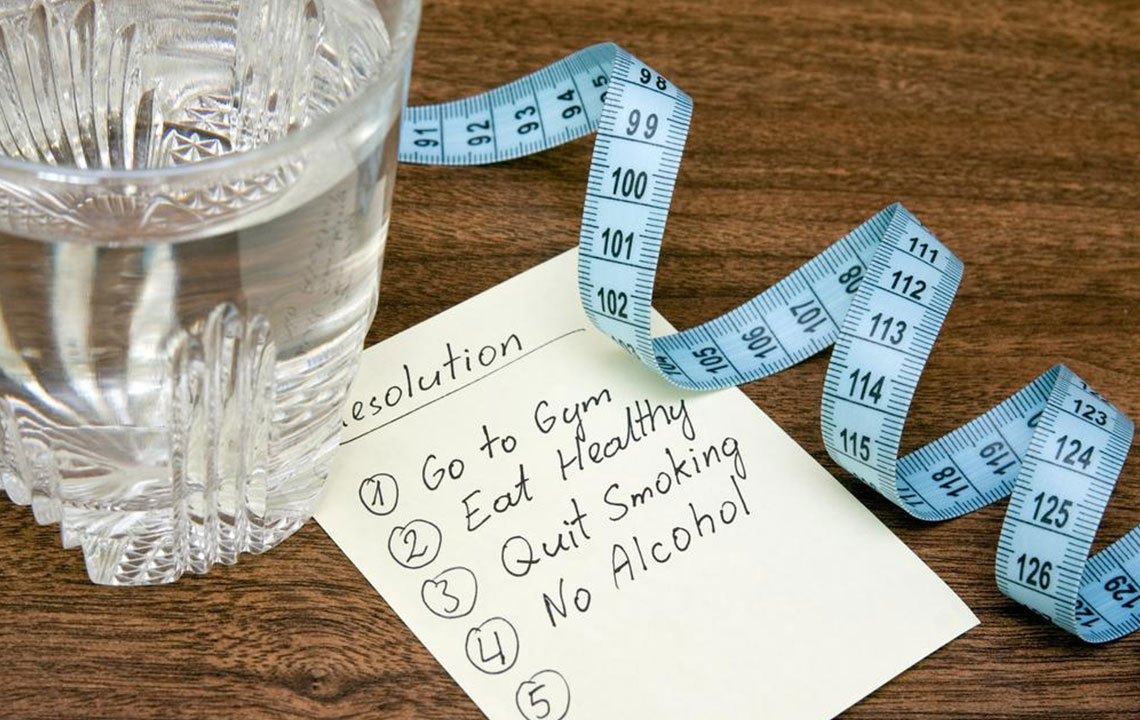Strategies for Managing Cravings and Preventing Relapses After Recovery
This article discusses effective strategies for managing cravings and preventing relapses after addiction recovery. It covers key triggers such as stress, emotions, social situations, and habits, offering practical tips including mindfulness, emotional regulation, positive reinforcement, and counseling. Staying vigilant and adopting healthy routines are essential for long-term sobriety. Supported by expert advice, these approaches help individuals maintain their recovery journey and avoid relapse, emphasizing the importance of holistic lifestyle changes and professional help when needed.

Effective Approaches to Handling Cravings and Avoiding Relapses Post-Recovery
Untreated addictions can escalate into severe challenges. Whether it's smoking, excessive drinking, or compulsive shopping, addiction leads to succumbing to persistent urges despite previous attempts to resist. Thankfully, addictions are manageable and can often be fully overcome. The critical period following recovery tests both mental and physical resilience, with triggers that may lead to relapse. Keep reading to discover common relapse triggers and practical strategies to counter them.
Stress
Stress frequently underpins many addiction issues, affecting both mind and body.
Individuals often turn to addictive behaviors to cope with stress caused by personal conflicts, work pressures, or life changes. To reduce relapse risk, it’s essential to adopt lifestyle habits that minimize stress triggers. Techniques such as mindfulness, relaxation exercises, effective time management, balanced nutrition, and regular physical activity can create a supportive environment for sustained recovery.
Emotional Regulation
Daily emotional fluctuations can serve as hidden triggers, prompting cravings even without conscious awareness.
At times, people seek alcohol or medication to soothe emotional discomfort, but these are temporary fixes that can be harmful over the long term. Developing healthier coping mechanisms, like journaling feelings or engaging in constructive activities, helps manage emotions safely. Finding positive outlets ensures emotional stability and supports ongoing recovery.
Reinforcement of Healthy Habits
For many, indulging in familiar comforts like smoking or drinking can reignite old cravings, especially in familiar settings or routines. Through positive reinforcement and behavioral reconditioning, individuals can retrain the mind to resist these urges. Engaging in hobbies or relaxation practices like yoga and meditation can replace previous unhealthy habits with beneficial activities.
Social Support and Counseling
Social events such as birthdays, parties, and holidays often involve alcohol or smoking, which can threaten sobriety. Avoiding these situations entirely isn’t always feasible, but preparation through counseling helps build resilience. Learning to decline drinks or cigarettes confidently can prevent a small lapse from spiraling into relapse. Connecting with therapists or support groups provides encouragement and strategies to handle social pressures without compromising recovery.
Disclaimer:
This article offers general information about addiction symptoms, treatments, and relapse prevention. It isn’t a substitute for professional healthcare advice. Readers should consult licensed medical professionals for personalized guidance. The content is provided for informational purposes only and should not replace medical consultation or treatment.










